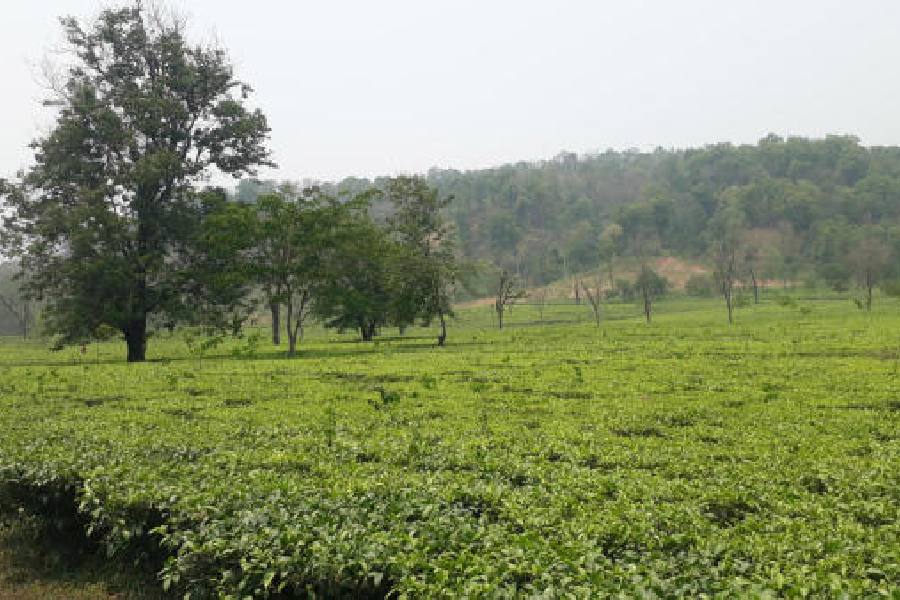Stakeholders of the north Bengal tea industry are perturbed by the inclement weather that brought down the production during the two months from the third week of February.
“In the region, tea gardens have registered a drop of 30 to 35 per cent in production in the current season compared to the same period last year. This is because it has rained 50 to 60 per cent less than last year. In fact, some gardens have not received rainfall at all this year,” said Rana Dey, the secretary of the Terai Branch of the Indian Tea Association (TBITA).
The situation has reached such an extent that fresh tea leaves didn't sprout in several gardens because of the scant rainfall and hence, the picking of the leaves has stopped.
According to the data from the Tea Board of India, 2.87 million kilos of tea were produced in February last year in north Bengal. This year, the production has declined by more than 50 per cent to 1.29 million kilos.
Chinmoy Dhar, the chairman of the north Bengal branch of the Tea Association of India, said the production started increasing in March and April and it occasionally rained in the region during those months.
It had rained 11.03 inches from January to April 26 in 2023, while the precipitation was only 4.06 inches during this period this year, he pointed out.
“Many gardens are facing the problem of pest attacks. The second flush begins on the first day of May. If it doesn’t rain during the next few days, picking might stop in some more gardens,” said Dhar.
The data available from the India Meteorological Department (IMD) show that from March 1 to April 27, there was a rainfall deficiency of 29 per cent in Jalpaiguri, 42 per cent in Cooch Behar and 64 per cent in North Dinajpur, as compared to the normal rainfall.
In the past one week, there has been a rainfall shortage of 92 per cent in Darjeeling, 90 per cent in Jalpaiguri and 100 per cent in Cooch Behar and North Dinajpur.
Dey, the TBITA secretary, said the drop in the production prompted planters to worry that they would be unable to make adequate earnings to pay workers wages.
“It is having a cascading effect on the entire value chain. Many gardens are confronting financial strains and such a situation can even lead to a delay in the payment of wages and salaries. We have already taken it up with trade unions and asked the administration to intervene and help the industry explore alternative ways to get out of the crisis,” he said.
The weather conditions have also impacted the small tea sector which contributes over half of the total tea produced in the state.
Bijoygopal Chakraborty, the president of the Confederation of the Indian Small Tea Growers Associations, said: “Earlier this month, small growers here faced a problem as bought-leaf factories (BLFs) had stopped buying tea from them. Following the intervention of the chief minister, the BLFs resumed the purchase. Now, detrimental weather is another challenge for us. Every day, the yield on small tea plantations is going down because of the shortfall in the rainfall,” he said.











